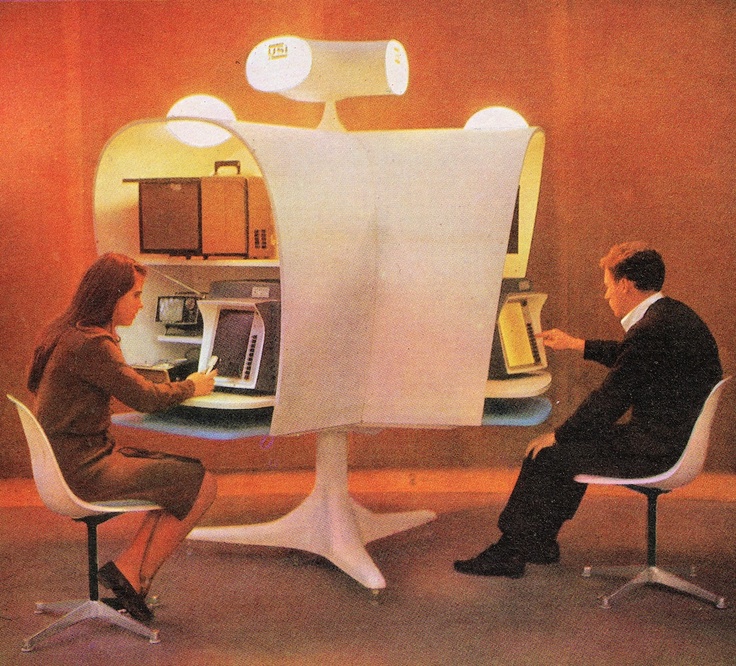In 1969, computer-processing magnate Ross Perot had a McLuhan-ish dream: an electronic town hall in which interactive television and computer punch cards would allow the masses, rather than elected officials, to decide key American policies. In 1992, he held fast to this goal–one that was perhaps more democratic than any society could survive–when he bankrolled his own populist third-party Presidential campaign.
Today Elon Musk wants to blast this vision of direct democracy to Mars, writes Loren Grush of the Verge, asserting that representational government is too prone to corruption. Whether or not Musk realizes his dream of dying on Mars–but not on impact–his grand ambitions speak to the insanity of wealth inequality in the second Gilded Age. The SpaceX technologist seems one of the more well-intentioned thinkers among Silicon Valley’s freshly minted billionaires, but think how preposterous it is that any individual is declaring what type of government a planet we’ve never visited most likely will have.
Walter Isaacson famously compared Musk to Benjamin Franklin, but the latter flew kites any child could purchase. Musk’s toys are far more expensive and in the hands of the few. That’s not really good for a democracy, direct or otherwise.
An excerpt:
Elon Musk has been pretty focused on setting up a colony on Mars, so naturally he has a few ideas as to the type of government the Red Planet should have. Speaking at ReCode’s Code Conference on Wednesday night, the SpaceX CEO said he envisions a direct democracy for Martian colonies, as a way to avoid corruption.
“Most likely the form of government on Mars would be a direct democracy, not representative,” said Musk. “So it would be people voting directly on issues. And I think that’s probably better, because the potential for corruption is substantially diminished in a direct versus a representative democracy.”
Musk also suggested that on Mars it should be harder to create laws than it is to get rid of ones that aren’t working well. “I think I would recommend some adjustment for the inertia of laws would be wise. It should probably be easier to remove a law than create one,” said Musk. “I think that’s probably good, because laws have infinite life unless they’re taken away.”•

